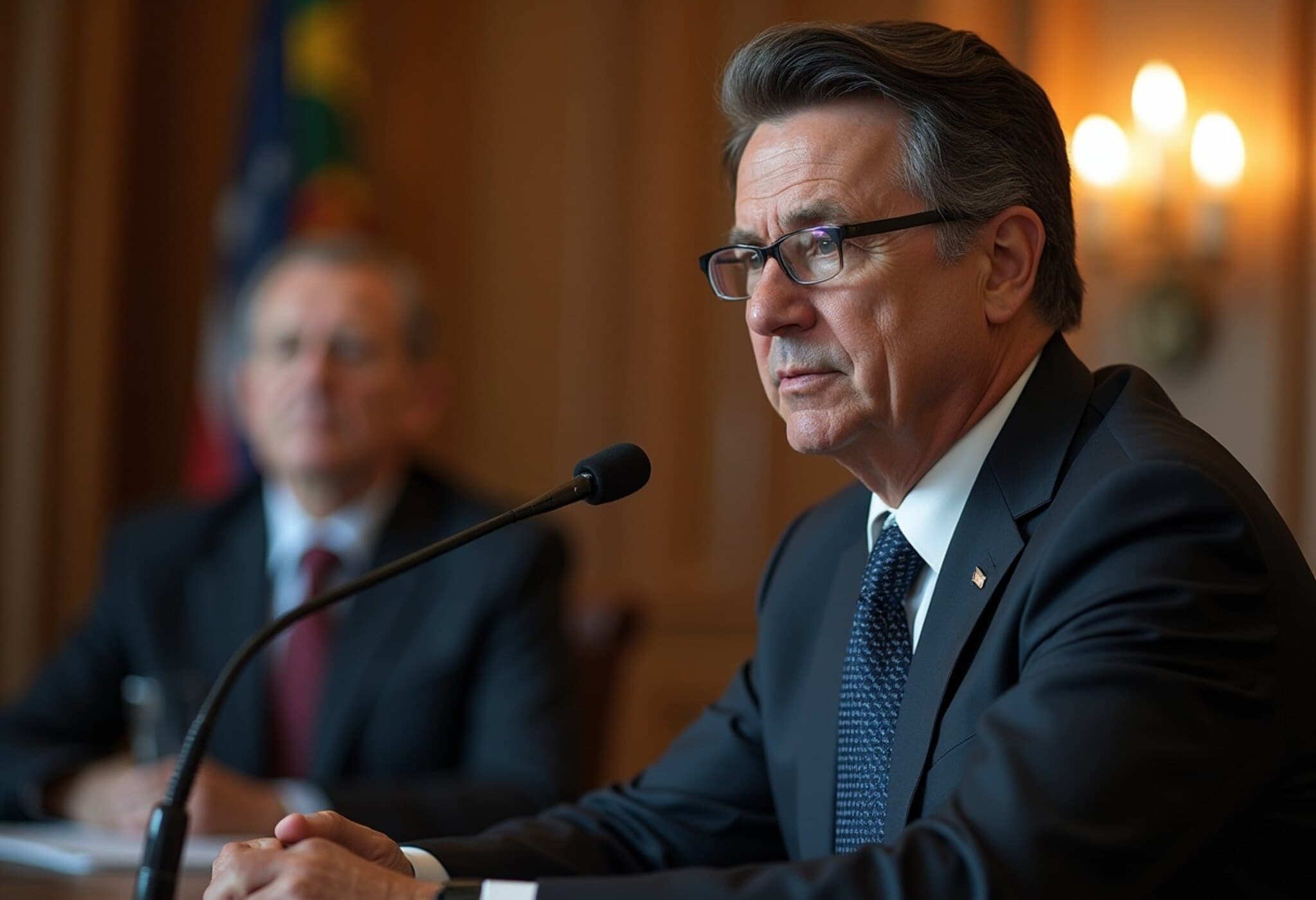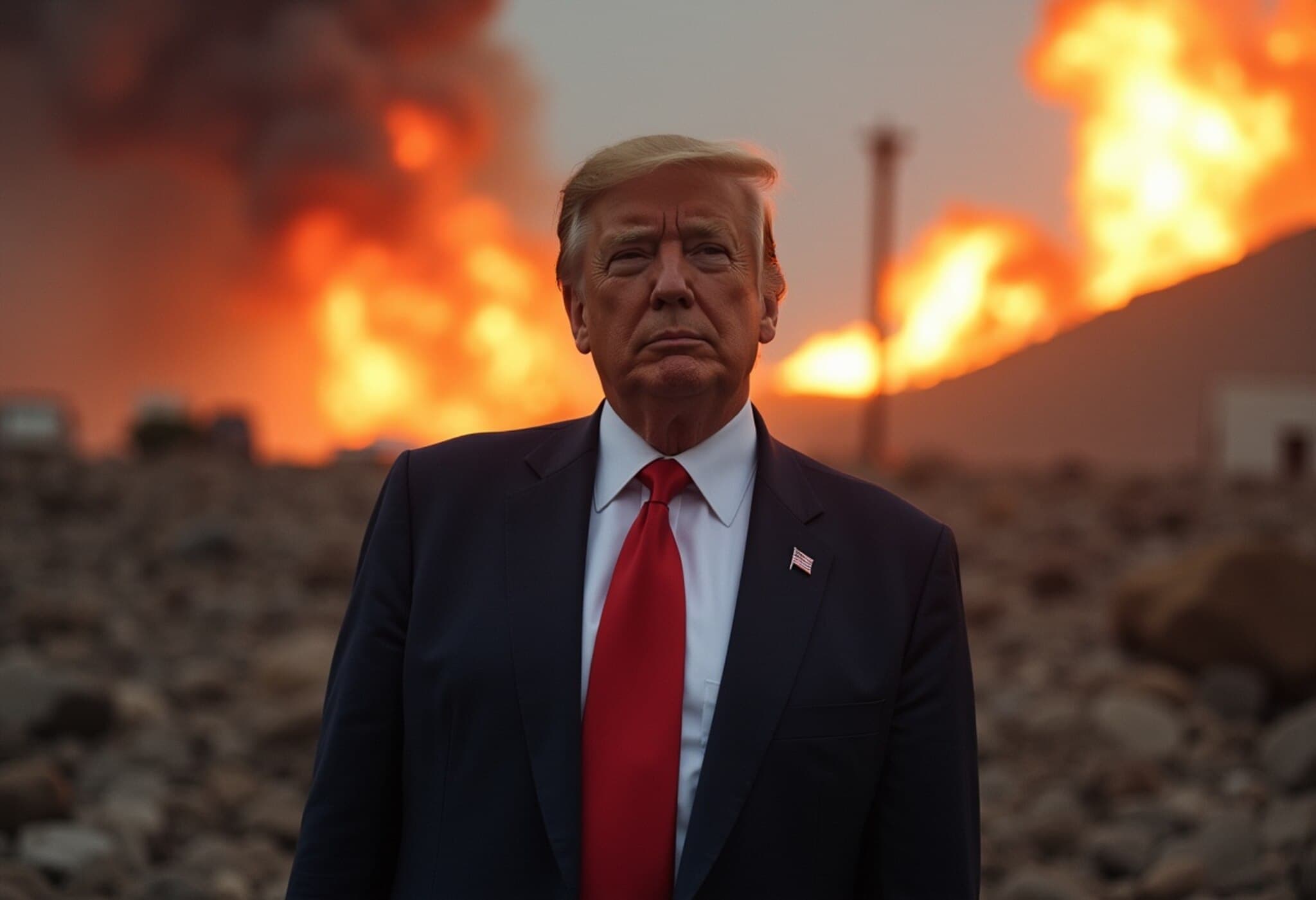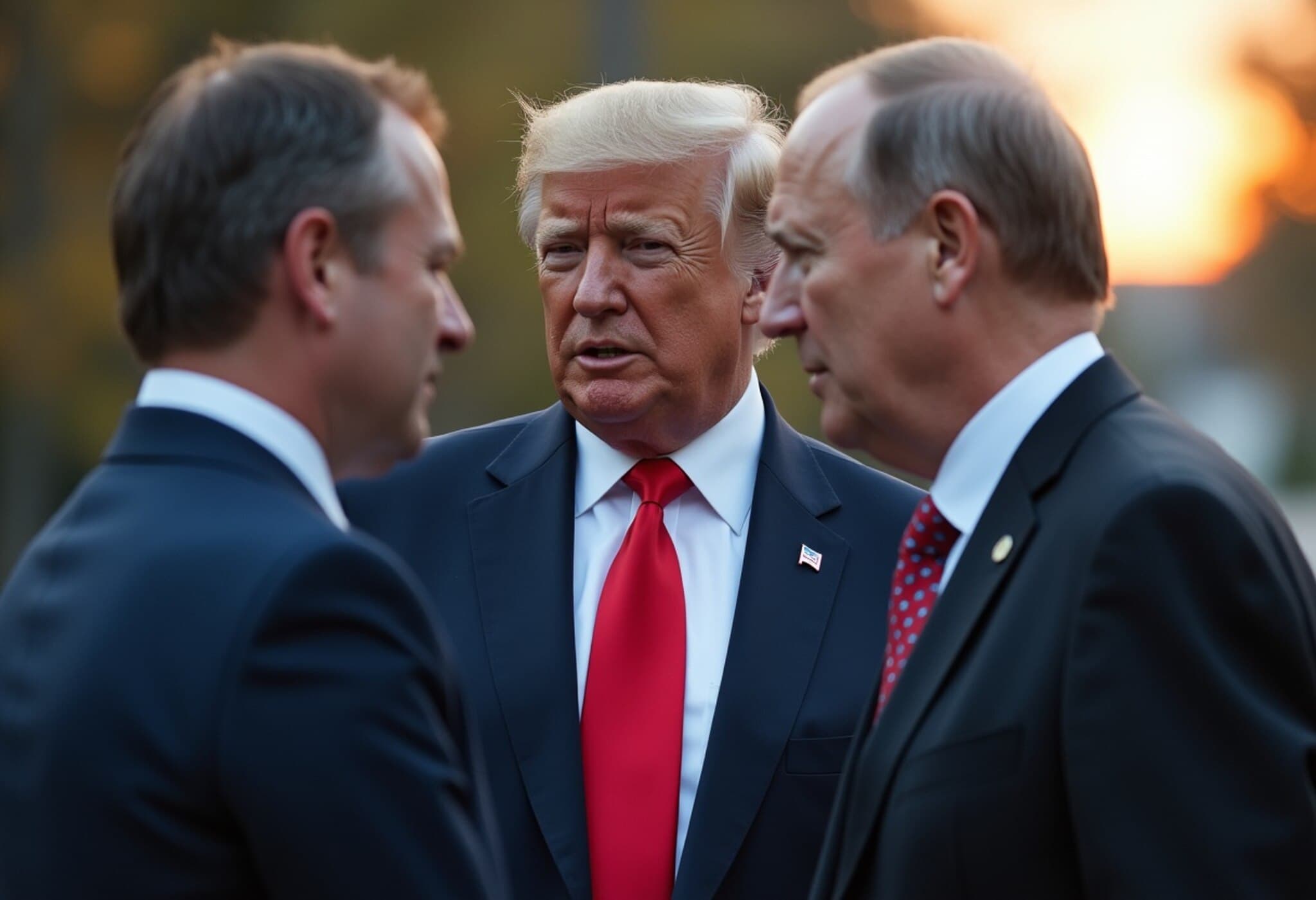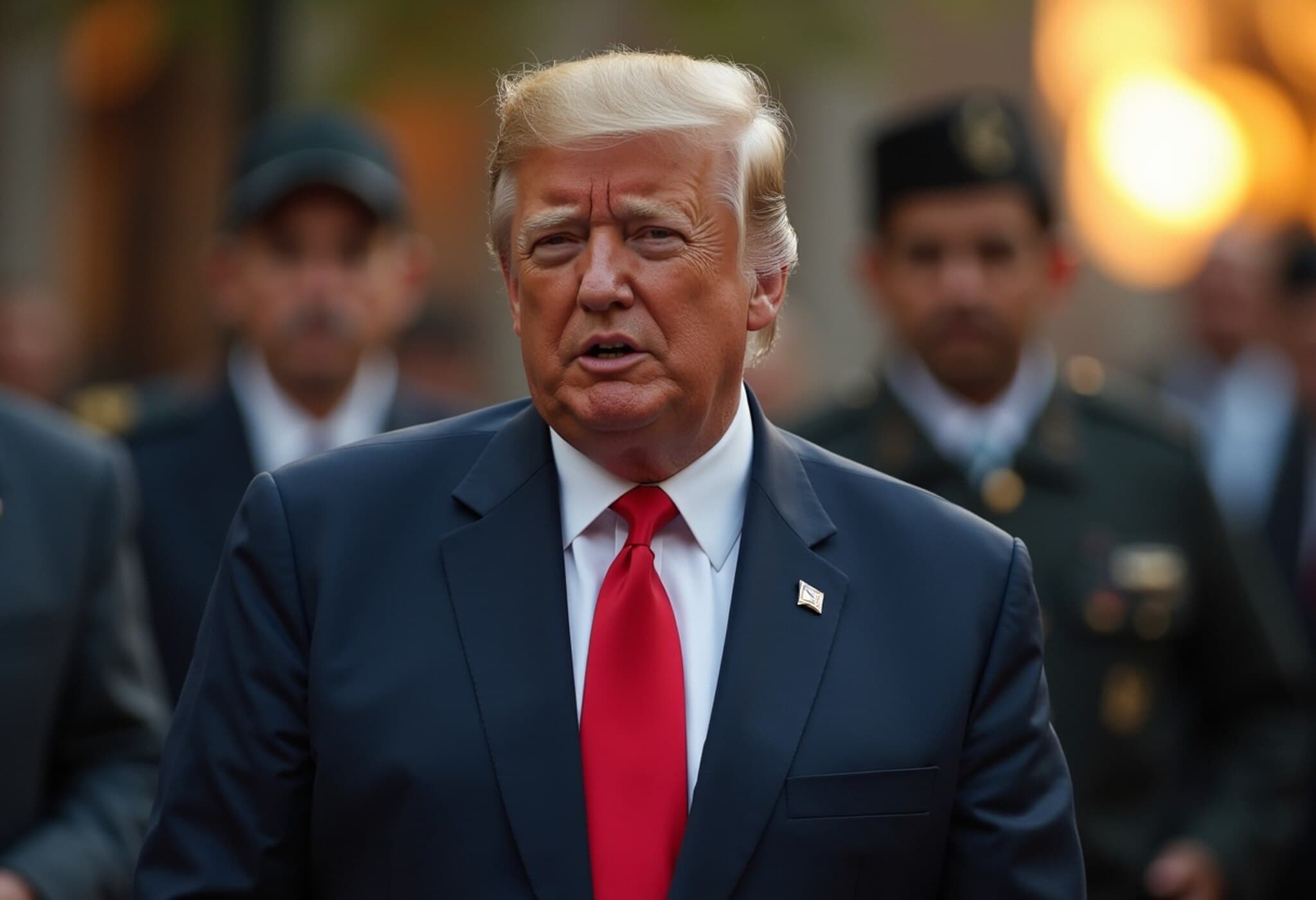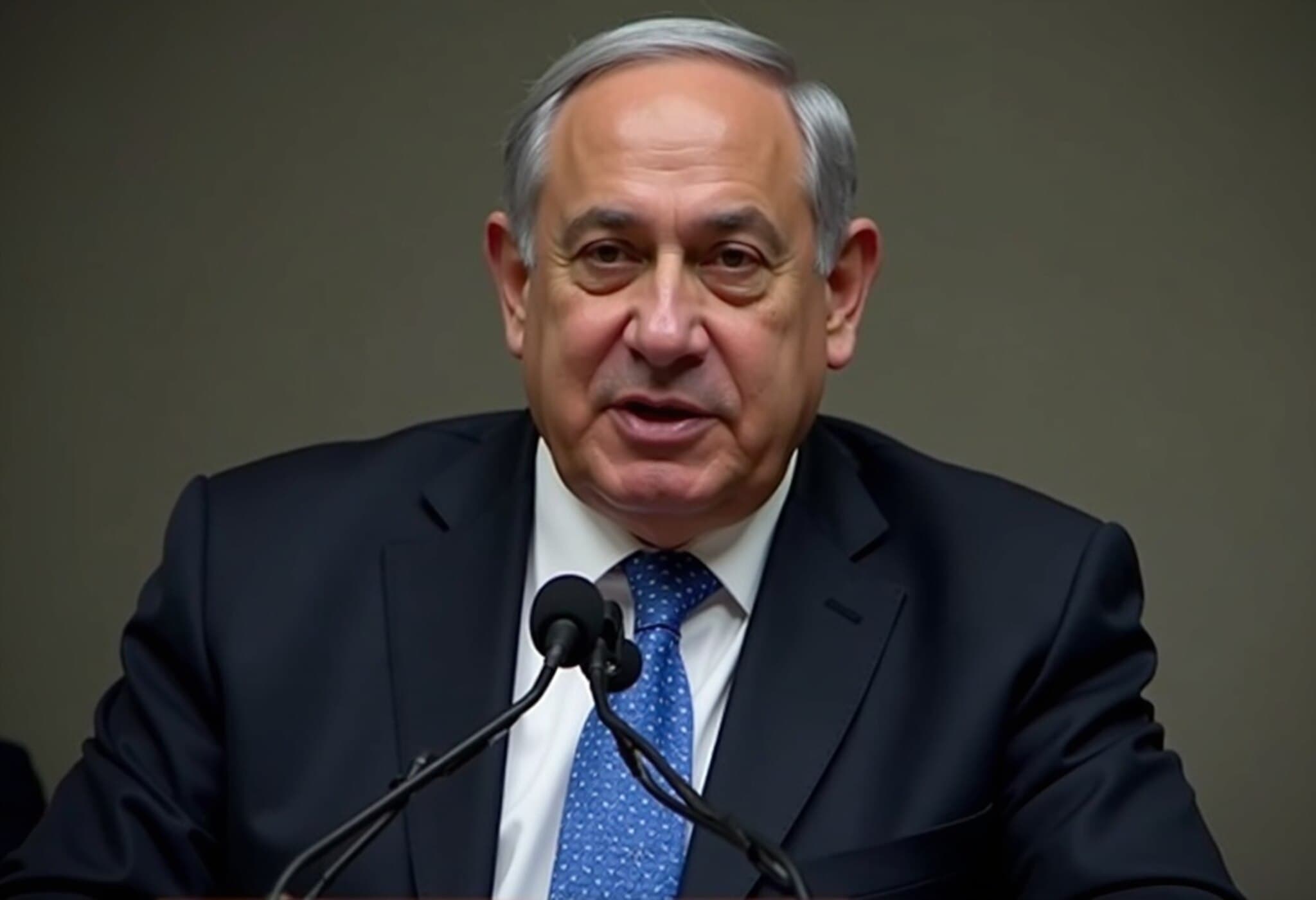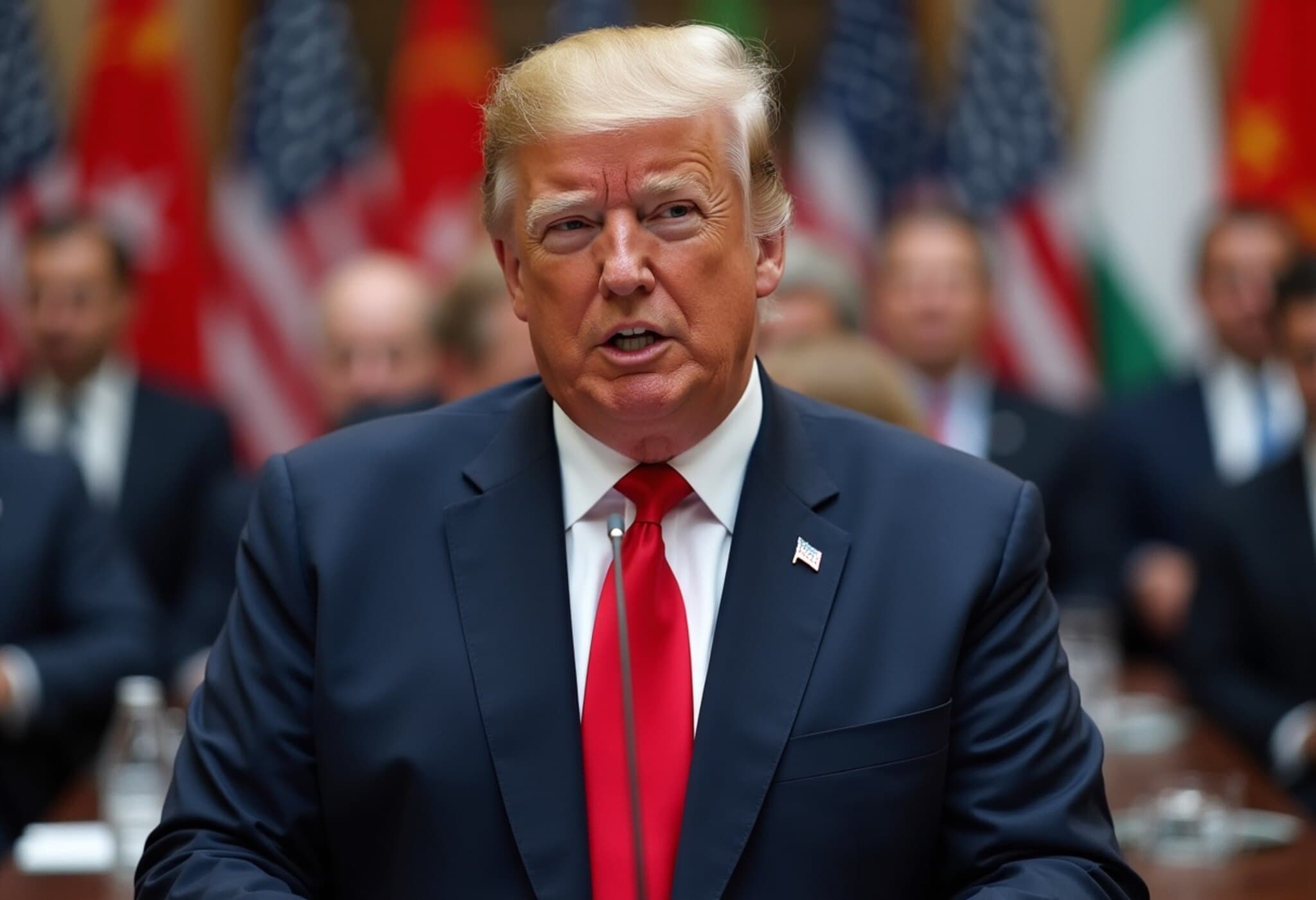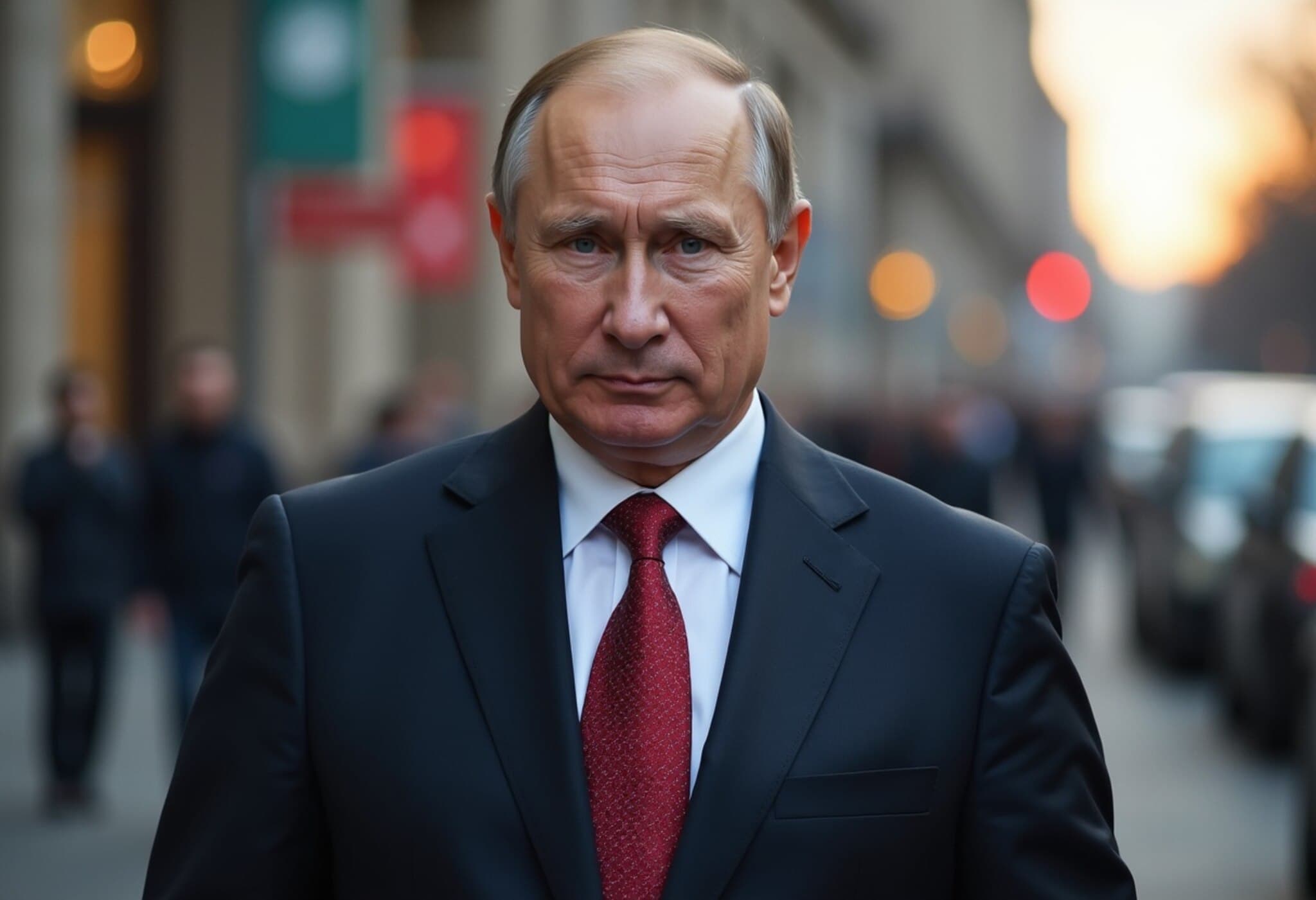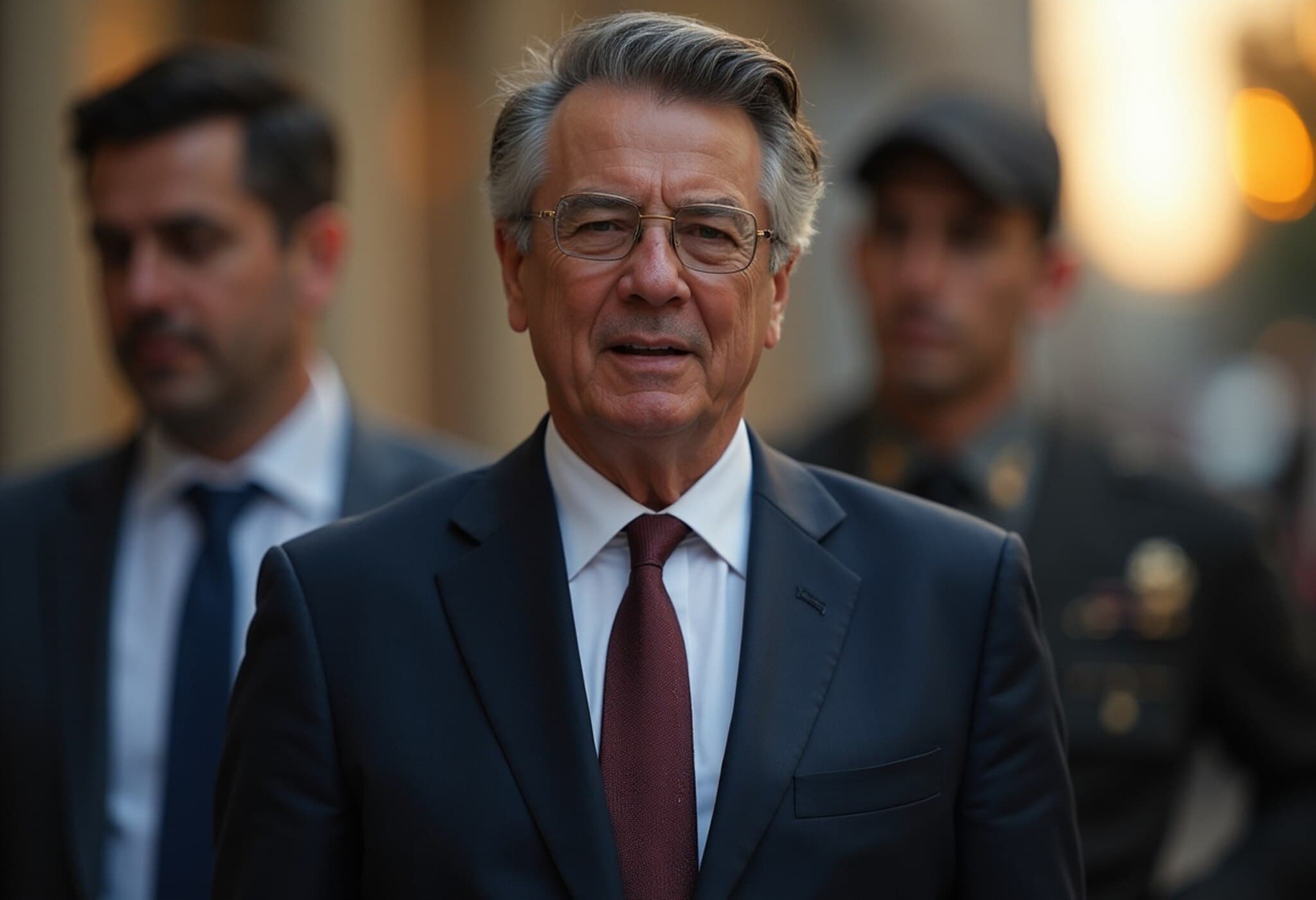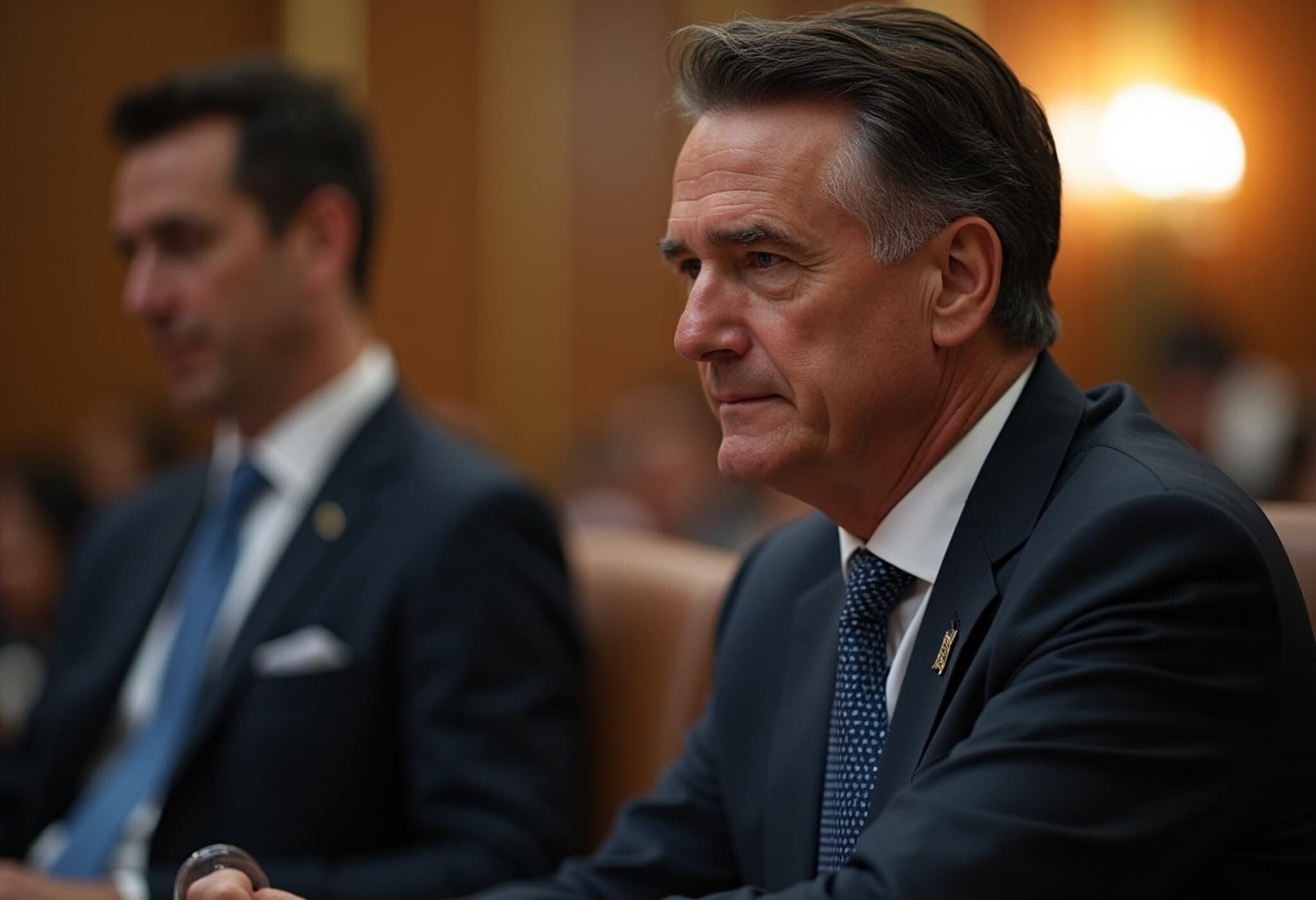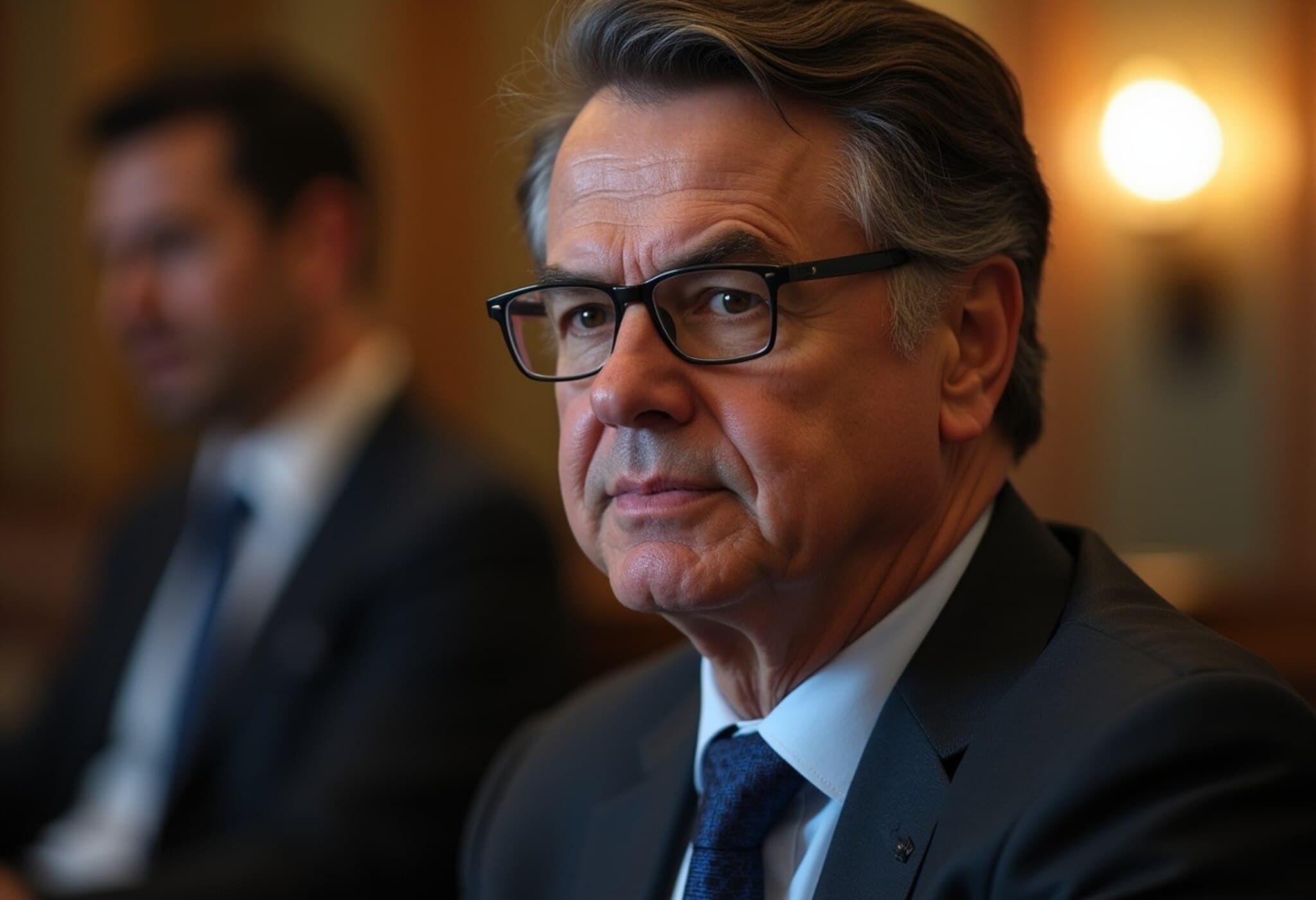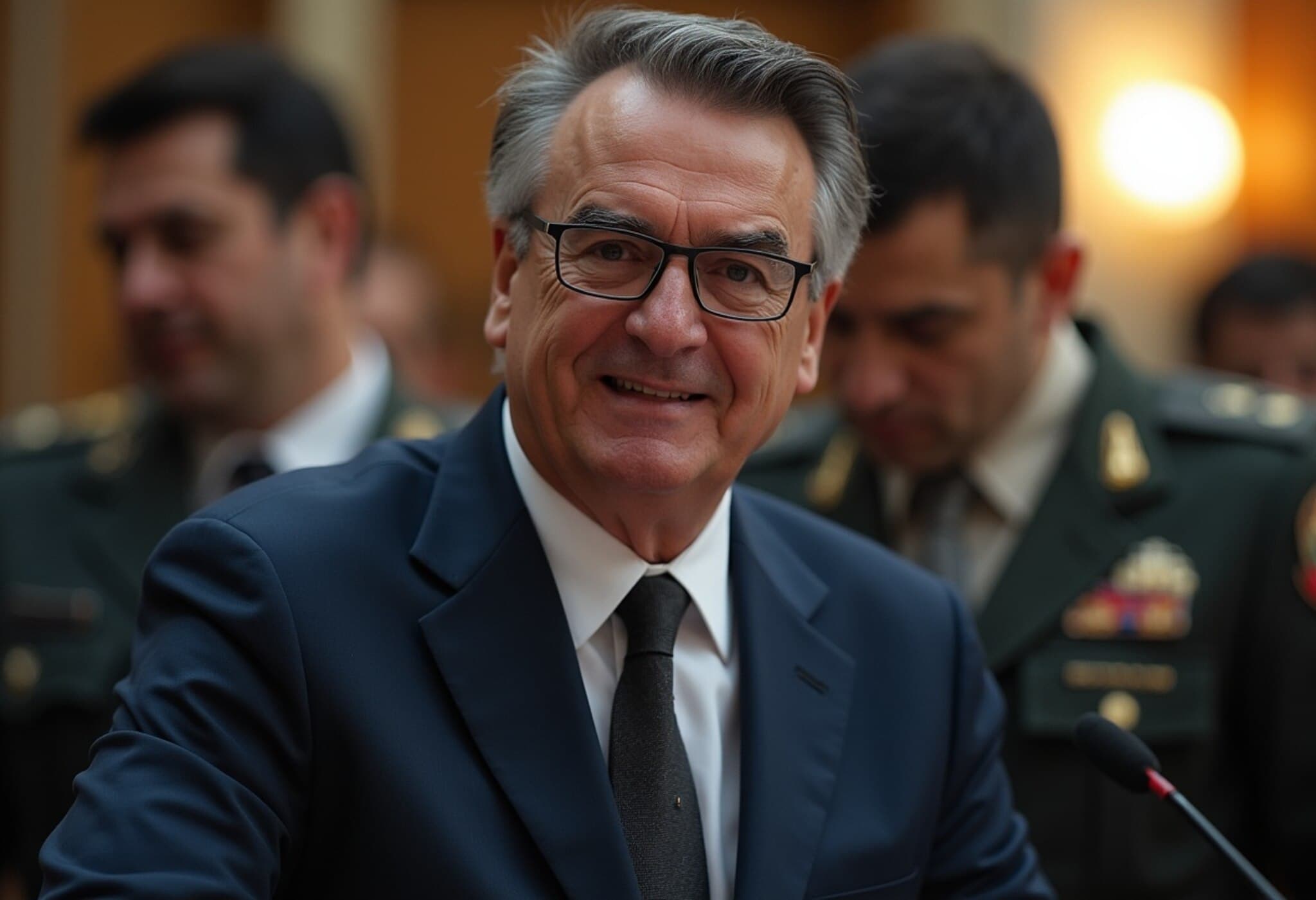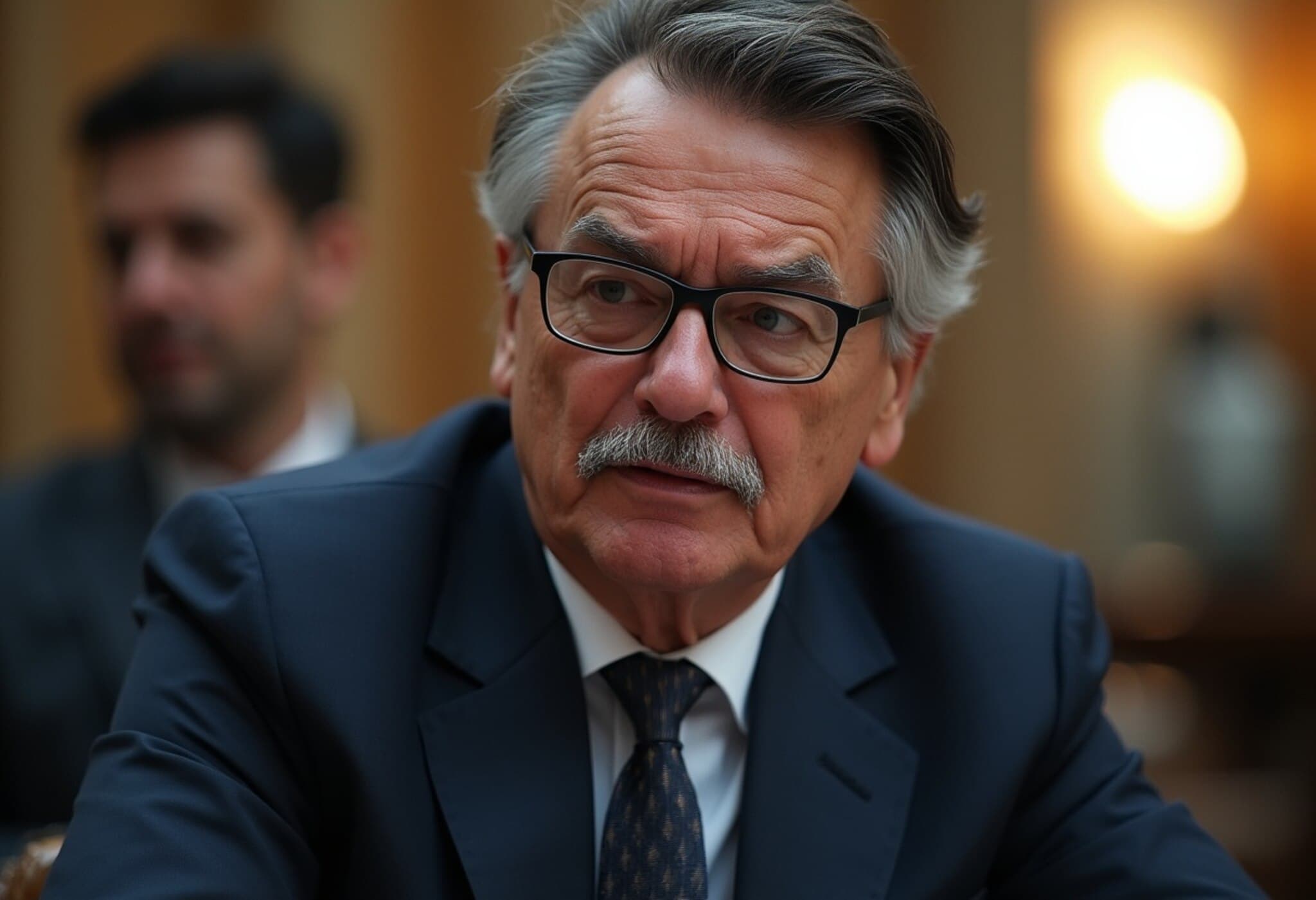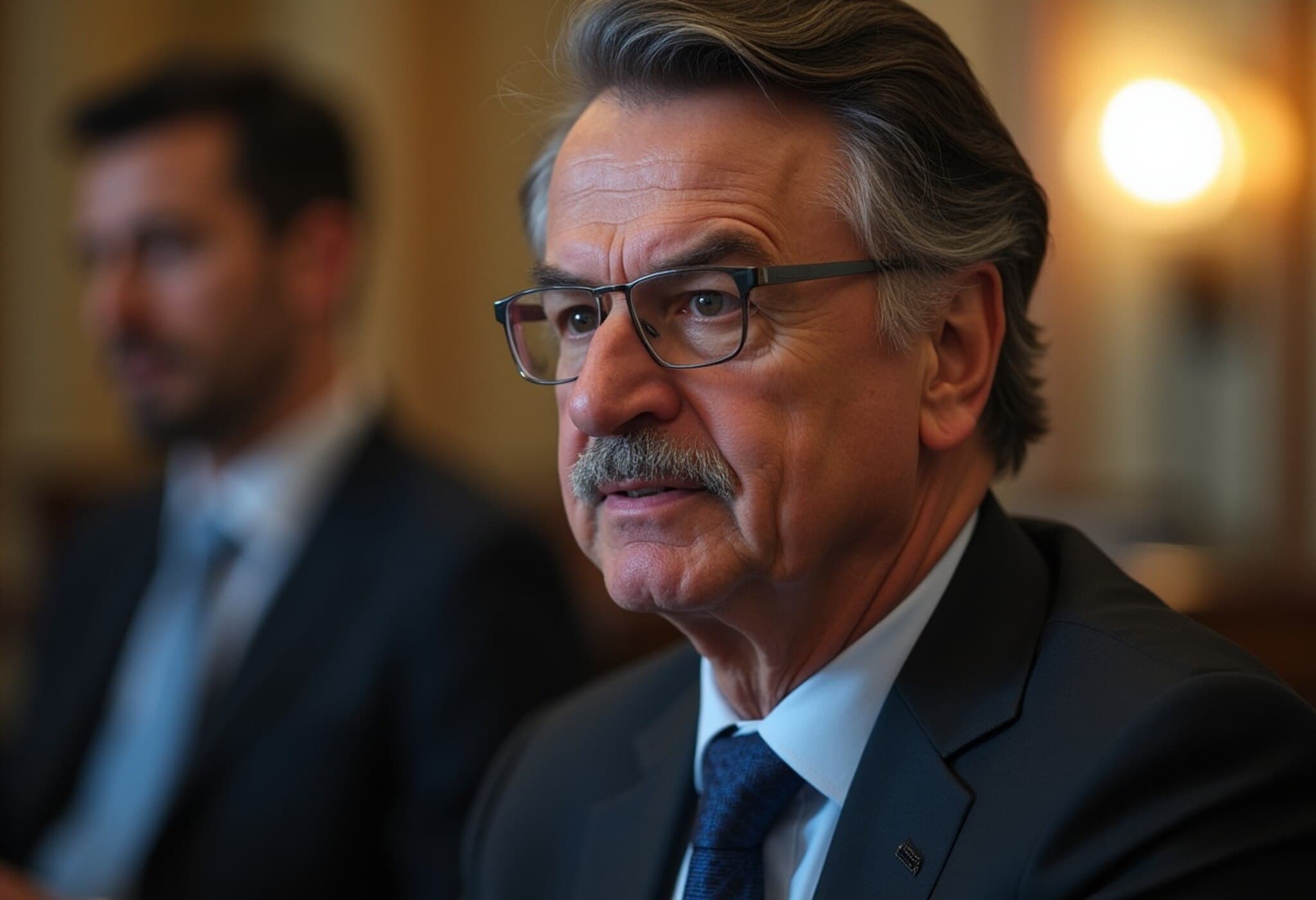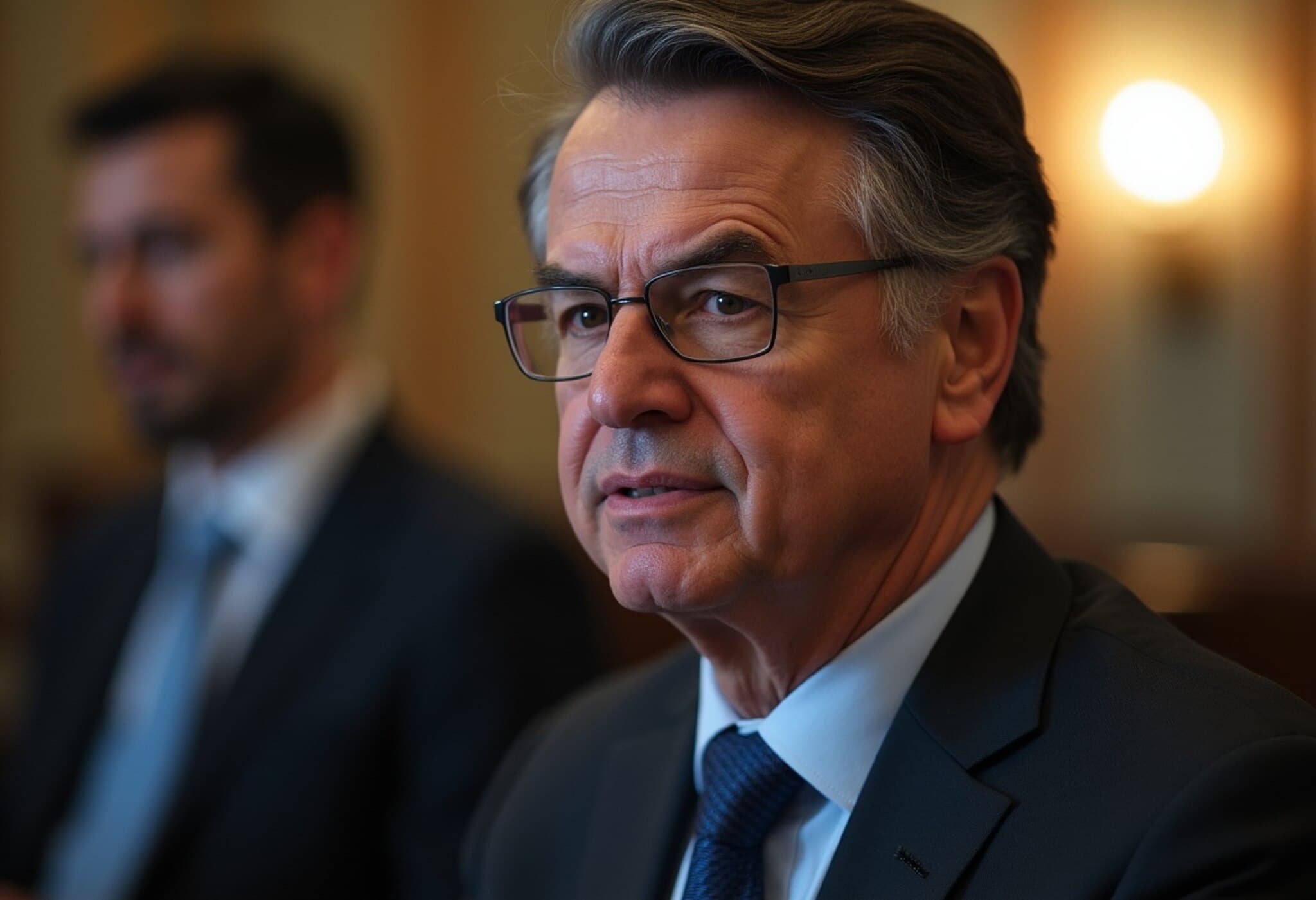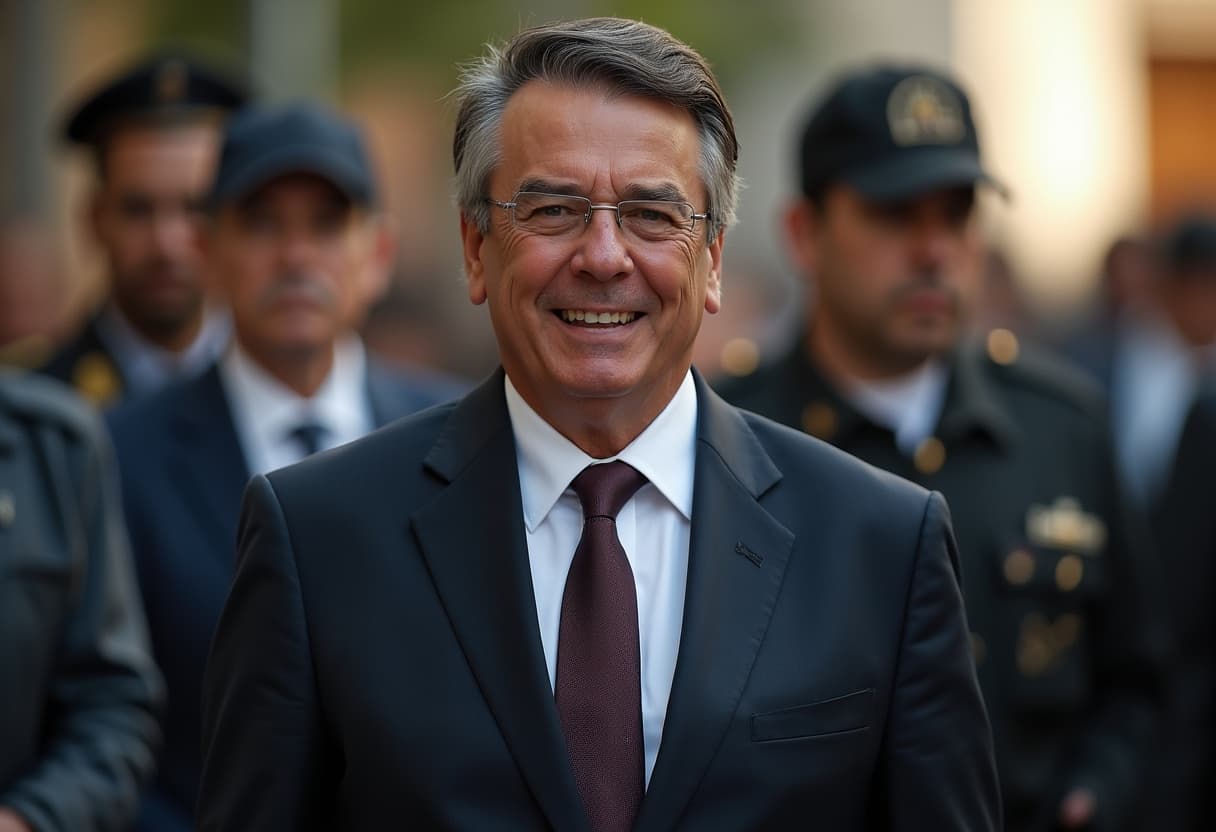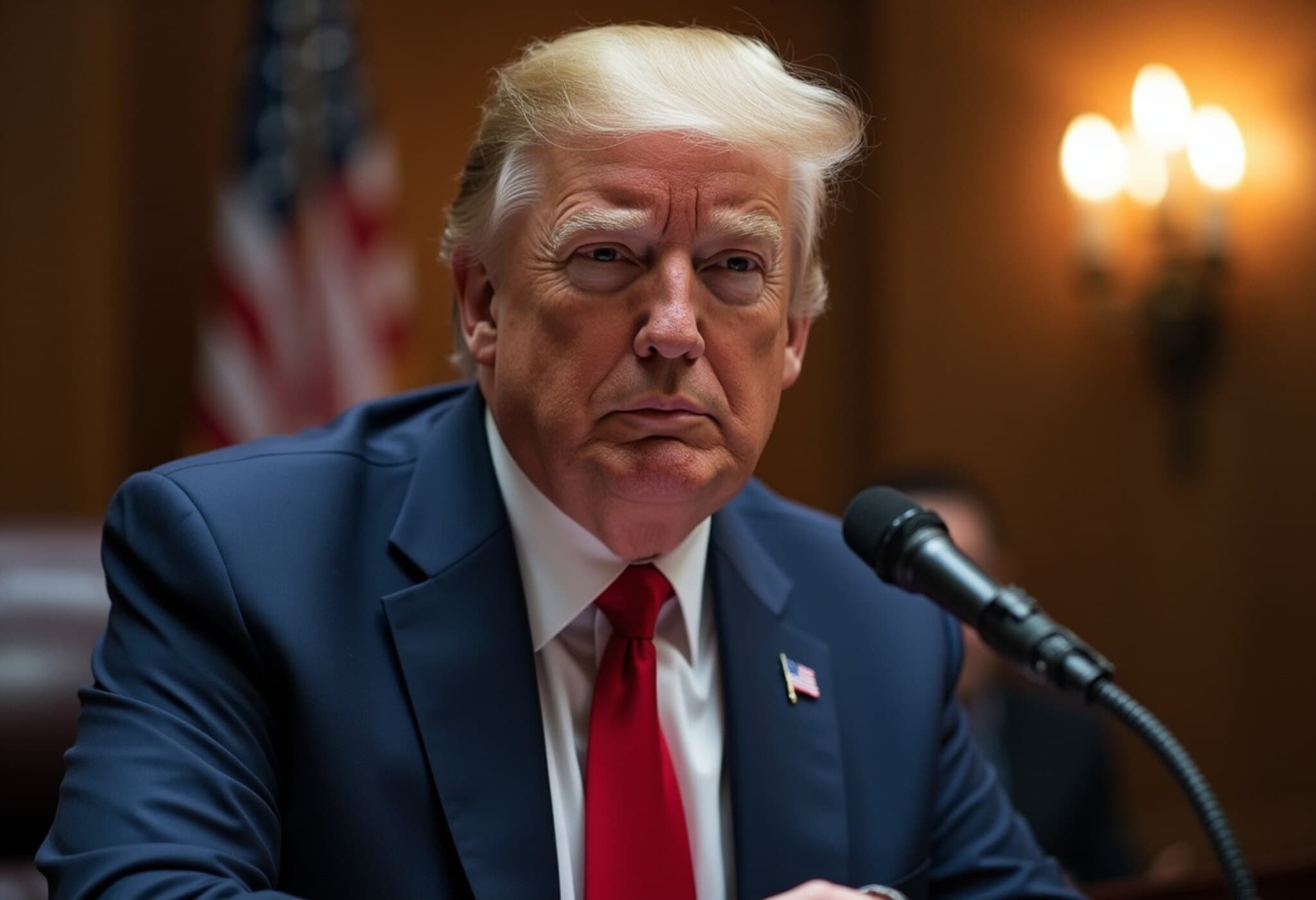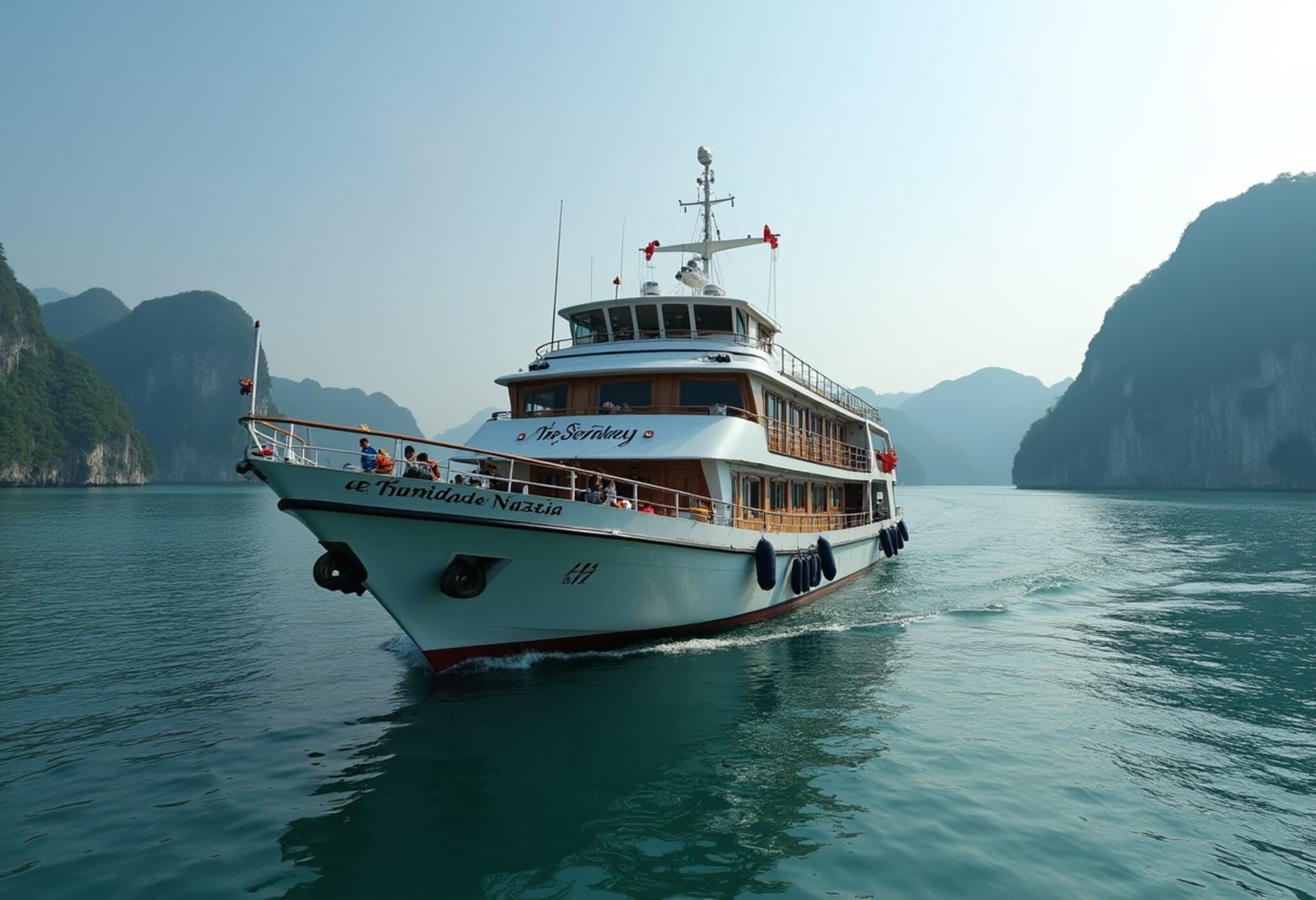US Revokes Visa of Top Brazilian Judge in Bolsonaro Case
In a dramatic escalation of diplomatic tensions, the United States government revoked the visa of Justice Alexandre de Moraes, a senior judge on Brazil's Supreme Federal Court, following his directive to impose severe restrictions on former President Jair Bolsonaro. Moraes ordered Bolsonaro to wear an electronic ankle monitor, abide by a nighttime curfew, and refrain from using social media amidst ongoing allegations of a coup attempt to overturn the 2022 election results.
US Labels Actions Against Bolsonaro a ‘Witch Hunt’
US Secretary of State Marco Rubio condemned Justice Moraes’ legal actions as a “political witch hunt,” accusing the Brazilian judiciary of pursuing what he described as persecution and censorship that not only infringes upon Brazilians’ rights but also affects Americans abroad. Rubio’s statement underscores the US administration’s alignment with Bolsonaro and signals a rare direct intervention in Brazil's judicial matters.
Broader Visa Sanctions Target Brazilian Judiciary
Beyond Moraes, the US extended visa bans to seven additional justices of the 11-member Supreme Federal Court, including prominent figures such as Luís Roberto Barroso and Gilmar Mendes. These measures come after a series of court mandates against Bolsonaro and his allies, including search warrants and restrictive orders linked to the coup plot allegations.
Brazilian Judiciary Responds with Defiance
Brazilian officials swiftly denounced the US actions as “arbitrary” and an attempt to undermine judicial independence. Solicitor General Jorge Messias, representing the executive branch under President Luiz Inácio Lula da Silva, reaffirmed on social media that the judiciary will not be intimidated or swayed by foreign political pressures. Prosecutor General Paulo Gonet was also reportedly targeted by the visa ban, further highlighting the breadth of US measures.
Legal and Political Context
The legal showdown hinges on charges against Bolsonaro, accusing him of conspiring to subvert Brazil’s democratic process following his defeat in the 2022 presidential election. Bolsonaro has formally denied orchestrating any coup but admitted to participating in discussions aimed at contesting the election results. This complex case lies at the heart of Brazil's continuing political polarization and has drawn international scrutiny.
Trump’s Support Adds Another Layer of Complexity
Former US President Donald Trump has openly supported Bolsonaro’s defense, denouncing Brazilian legal proceedings as a “witch hunt” — a phrase he has infamously used regarding his own legal troubles. Trump’s recent announcement to impose a 50% tariff on Brazilian goods from August 1 appears linked to this dispute, reflecting how internal Brazilian politics are resonating on the global trade stage.
Implications for US-Brazil Relations
The visa revocations mark a startling diplomatic rift between two influential democracies. While the US cites human rights and freedom concerns, Brazil decries interference in its judicial independence. This tension raises critical questions around international norms respecting national sovereignty, judicial autonomy, and the limits of foreign political influence.
Expert Commentary: Navigating Judicial Independence amid Geopolitical Rivalries
Experts caution that such external punitive measures risk undermining judicial independence globally by setting precedents for international retaliation against domestic judges. From a US policy perspective, however, this move signals Washington’s commitment to supporting democratic processes and condemning what it perceives as authoritarian overreach, particularly in strategically significant Latin American nations.
Looking Forward
- Will the judiciary in Brazil withstand ongoing international pressure without compromising its legitimacy?
- How might this dispute reshape US-Brazil trade and political relations amid shifting global alliances?
- What effect does this conflict have on public trust within Brazil toward their legal institutions?
Editor’s Note
The US visa bans imposed on Brazil’s top judicial figures over the Bolsonaro saga highlight the fragile balance between safeguarding judicial independence and addressing international concerns about democracy and human rights. As Brazil navigates these turbulent waters, observers should watch closely how this furor influences domestic political stability and future cooperation with the US, especially given the broader context of regional geopolitics and global democratic backsliding.

